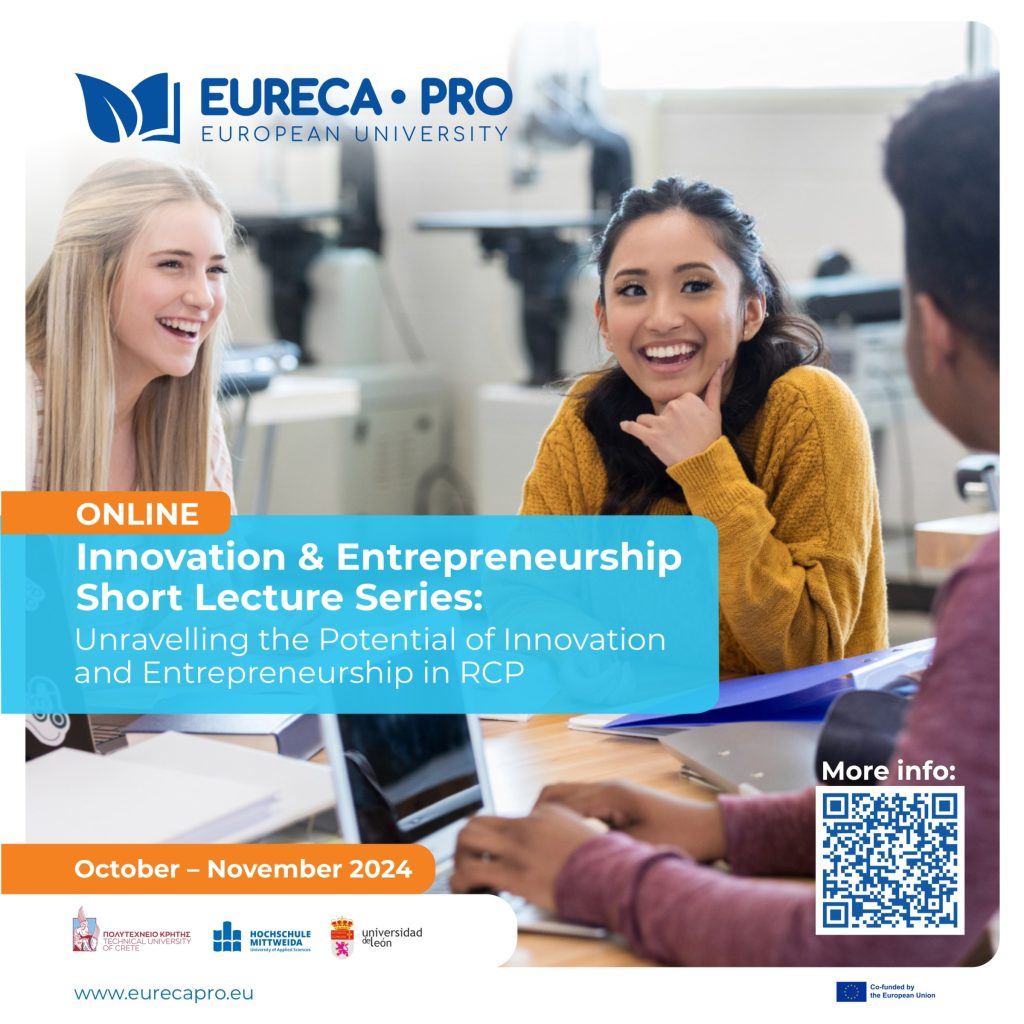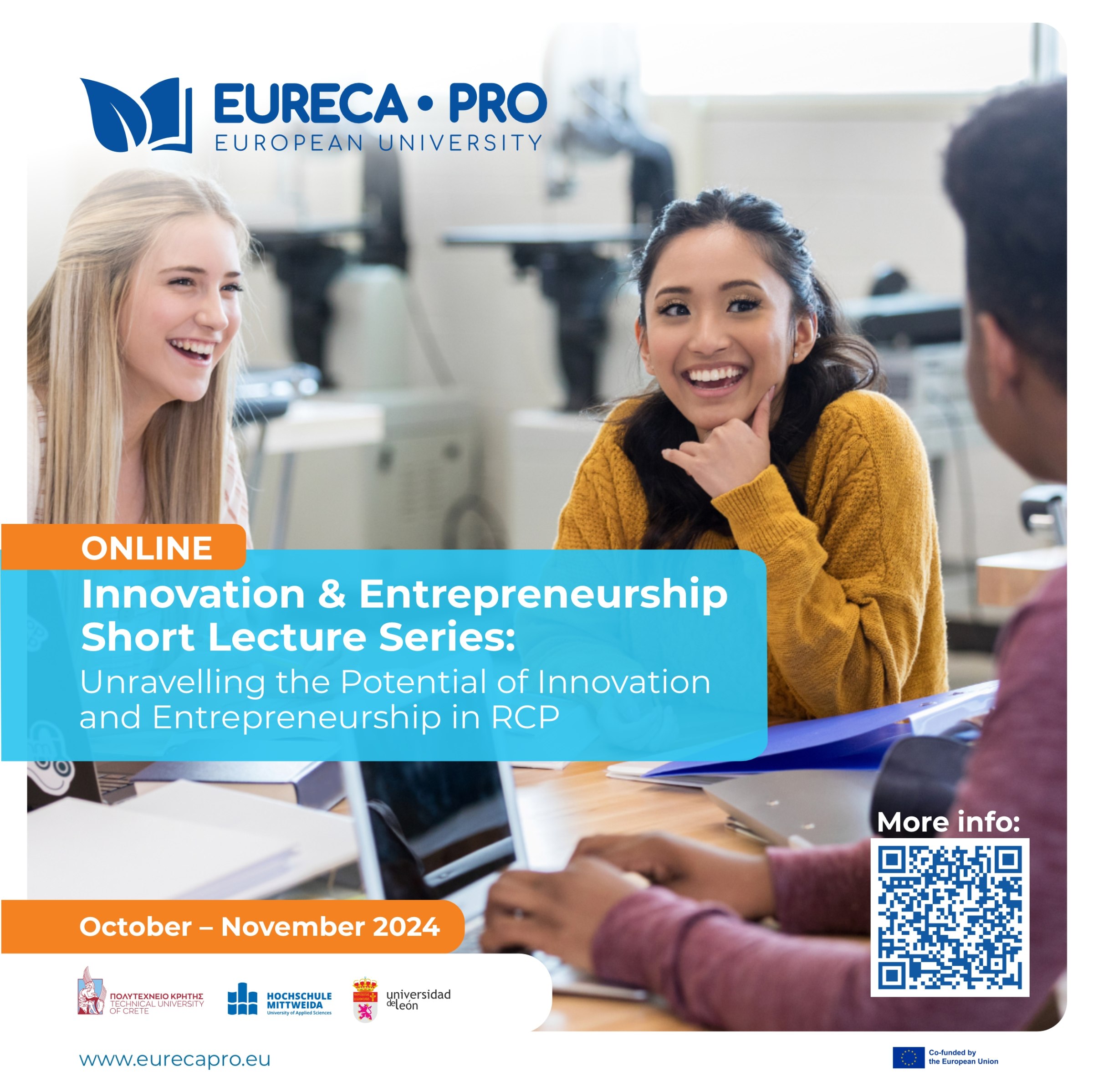This course, comprised of five lectures, serves as an introduction to Innovation and Entrepreneurship (I&E).
The lecturers, all with established expertise in I&E, will share their personal venture on I&E, present the ideas that sparked their interest in innovation, share their valuable “know-how” in I&E, expand on the obstacles in the path to entrepreneurial success, and open a stage to exchange ideas and experiences with students and potential innovators and entrepreneurs within EURECA-PRO.
Each lecture will open a window to innovative and entrepreneurial opportunities in each of five general areas in responsible consumption and production (RCP), namely, circular economy and sustainable materials, energy transition, responsible industry, responsible and sustainable healthcare, and societal sustainability and responsibility.
Learning Objectives:
- Introduce participants to basic concepts in I&E.
- Introduce students to innovative and entrepreneurial advances and opportunities available within the Sustainable Development Goal 12 – RCP – related thematic areas that EURECA-PRO is focusing to excel in.
- Facilitate students in pursuing innovative solutions and applications and obtaining an entrepreneurial mindset.
Target group: students, staff, young professionals – potential entrepreneurs
Mode: Online (Zoom; EURECA-PRO LMS Moodle course link)
Duration: Five weeks (October 7th to November 11th, 2024)
The detailed course schedule is available here.
Instructors and lectures’ description is available here.
Workload: 15 hours course engagement for the entire course (i.e., online attendance and homework: 7.5 lecture hours, plus 7.5 hours of homework, including the final exam or approximately 3 hours of course engagement per instructional week)
Online final exam: The multiple-choice final exam is uploaded to and will be submitted by the student via the designated folder in EURECA-PRO Moodle LMS.
Due date for online final exam: midnight (CEST), Monday, November 11th, 2024
Requirements for credit (Award & ECTS):
- Award: Participants with active participation in ≥80% of Lecture Series (i.e., 4 out of 5 lectures) will be awarded with a Certificate of Attendance
- ECTS: EURECA-PRO students (only) receiving ≥80% of attendance (i.e., 4 out of 5 lectures and final exam grade) will earn 0.5 ECTS
Course Evaluation: Upon completion of the online final exam, participants are kindly asked to fill in an online evaluation survey for the course.
Online course
If you’re eager to join the Innovation & Entrepreneurship Short Lecture Series, please register by October 7th, 2024 (to fulfill the credit requirements).
Nonetheless, registration will remain open until the end of the course for all interested in learning something new in innovation and entrepreneurship.
Don’t miss this opportunity to enhance your skills and knowledge!
Innovation and Entrepreneurship Short Lecture Series
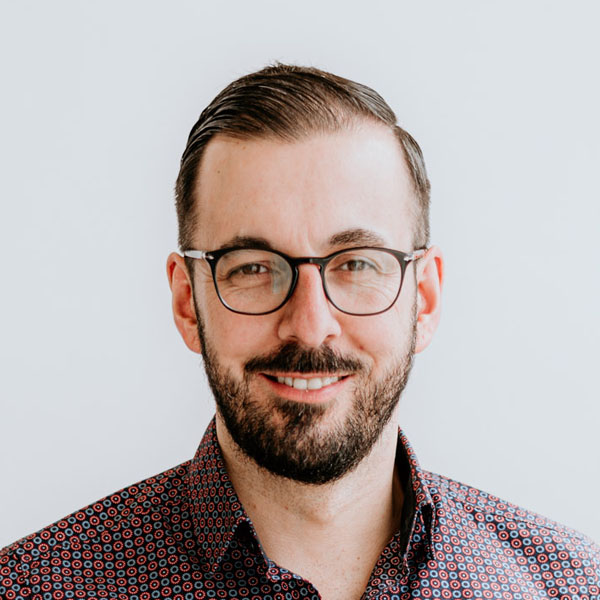
ANDRE UHLMANN
How to develop and evaluate business ideas in the clean energy sector - Startup Trends at TUBAF
Thematic area: Innovation and entrepreneurship for clean energy
Tuesday / October 8, 2024 / 13:00 (CEST)
In the lecture you learn how you can create and evaluate meaningful business ideas. Therefore, we work out a common understanding of entrepreneurship and explain current trends especially lean startup approach.
Then we focus on Design Thinking as an agile method of creating ideas. We derive the Design Thinking process and discuss the six steps of that process on startup examples in the clean energy sector.
At the end we focus on startup trends in the clean energy sector and discuss their challenges.
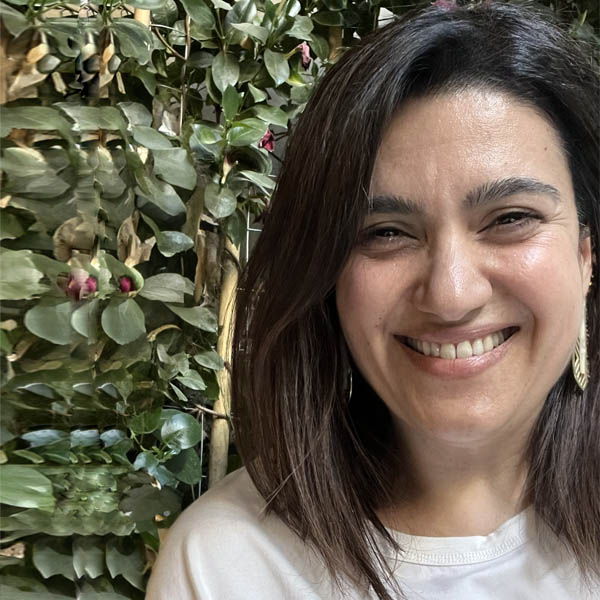
Marianthi Liapi
Digital Crafting as a means to sustainable creativity and production
Thematic area: Innovations in energy transition towards responsible industry
Wednesday / October 16, 2024 / 13:00 (CEST)
The course investigates the role of digital crafting in promoting sustainable creativity and production. Through a series of diverse good-practice examples, the course explores the principles of digital craftsmanship, creatively combined with design thinking. Along these lines, it also investigates the ways in which the maker culture tools, such as 3D printers and laser cutters, are key to the creation of innovative, environmentally-friendly products.
By the end of the course, students will be able to:
– Understand the fundamentals of digital crafting technologies and their sustainable applications.
– Become familiar with the process of designing and building an object from scratch.
– Describe the advantages of creative solutions that incorporate sustainable practices in their design and production.
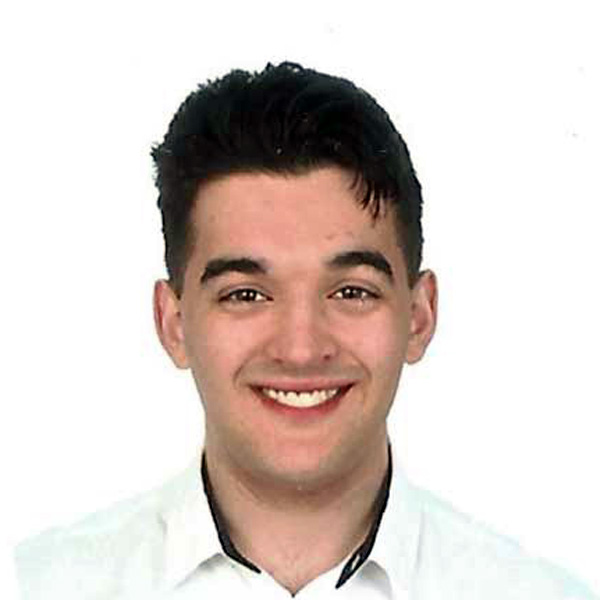
Sergio Rubio Martín
AI in Sustainable Healthcare: Data Management
Thematic area: Entrepreneurship in sustainable healthcare
Tuesday / October 22, 2024 / 11:00 (CEST)
This lecture will explore how Artificial Intelligence (AI) is revolutionizing the healthcare system and the great results that are being obtained. We will start with an introduction to how AI works and delve into the process of preprocessing data from any kind of Electronic Health Record (EHR) to prepare it for AI models. In addition, various utilities that AI has within the healthcare sector will be shown. Furthermore, the importance of EHRs will be highlighted, and it will be demonstrated how AI can diagnose patients with high accuracy and in a short time.
Finally, we will discuss how the implementation of AI in data management not only enhances diagnostic accuracy and speed but also optimizes resources and reduces costs within the healthcare system.
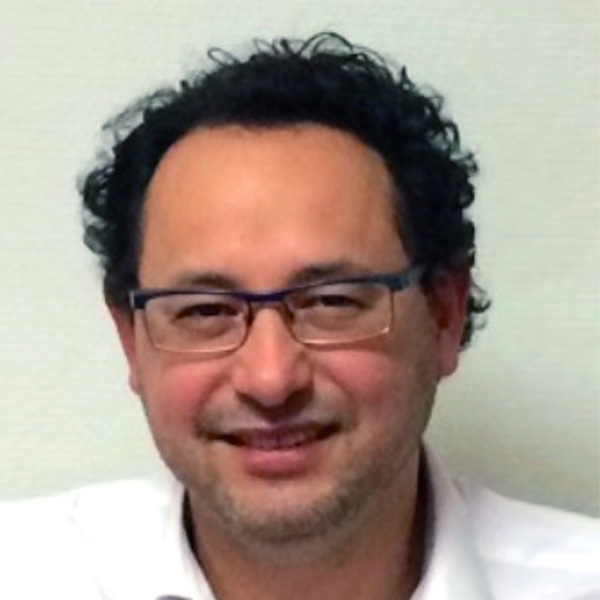
Mauricio Camargo Pardo
Toward a circular economy for plastics: current and emerging trends and perspectives
Thematic area: Circular economy and sustainable innovation
Tuesday / October 29, 2024 / 13:00 (CEST)
Although plastic materials have remarkable properties that allow them to be used in a number of applications, from food packaging to building or agriculture, the issue of plastic waste is well recognized as a threat to the future of the planet’s ecosystems.
Solutions for reuse, repair, and recycling are far from being purely technology-based. Strategies to seek circularity and a more rational use of these materials will be tackled in this lecture.
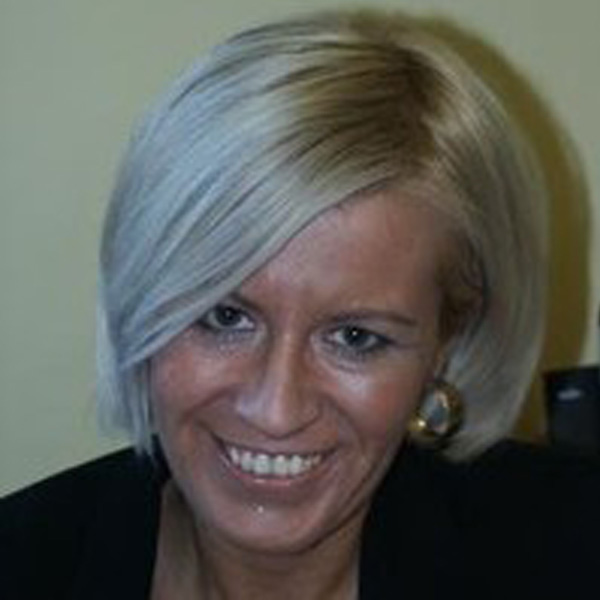
Katarzyna Postrzednik-Lotko
Supporting Sustainability: Innovation and Entrepreneurship Amid Today's Challenges
Thematic area: Innovation and Entrepreneurship in the service of a sustainable society
Thursday / November 07, 2024 / 11:00 (CEST)


